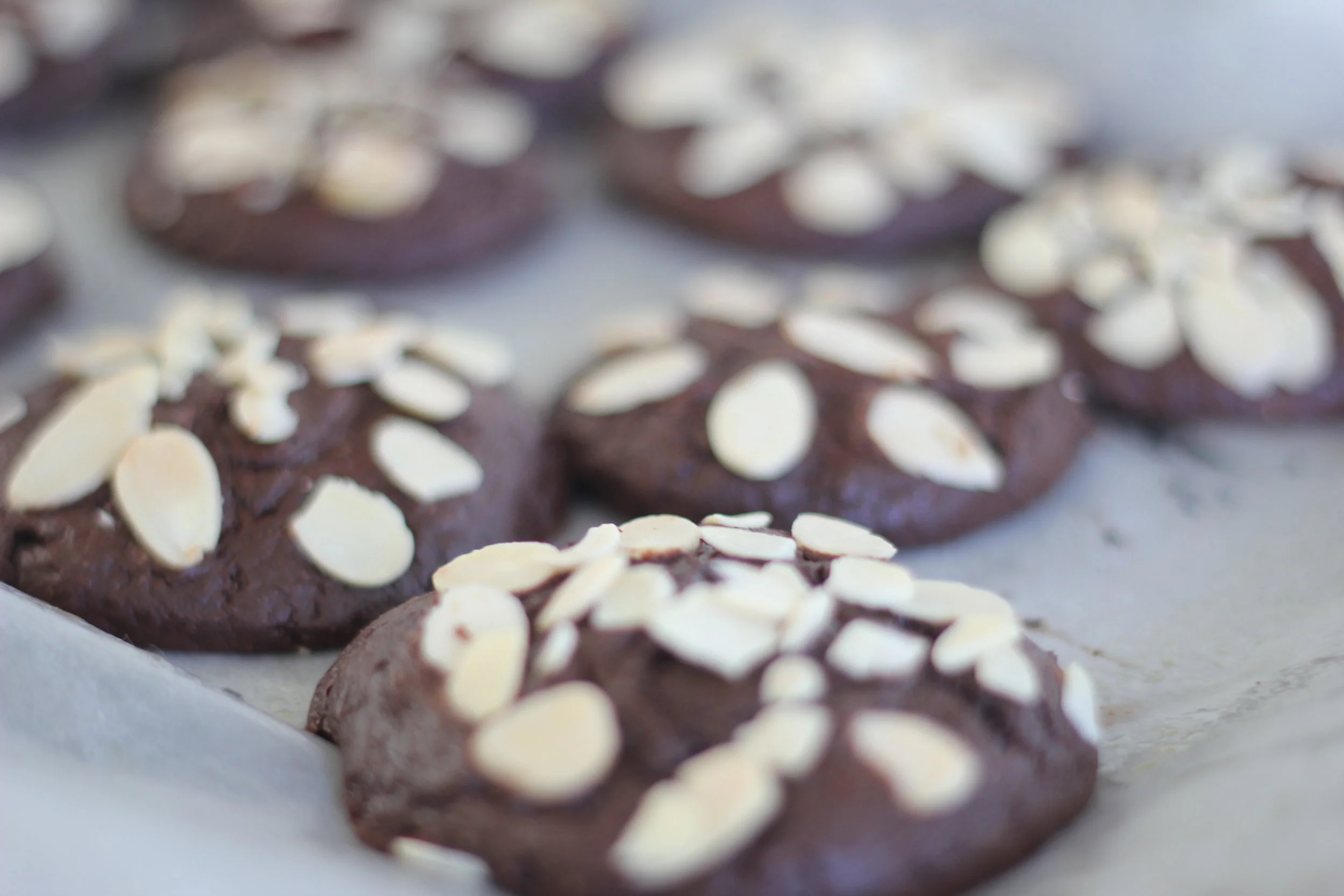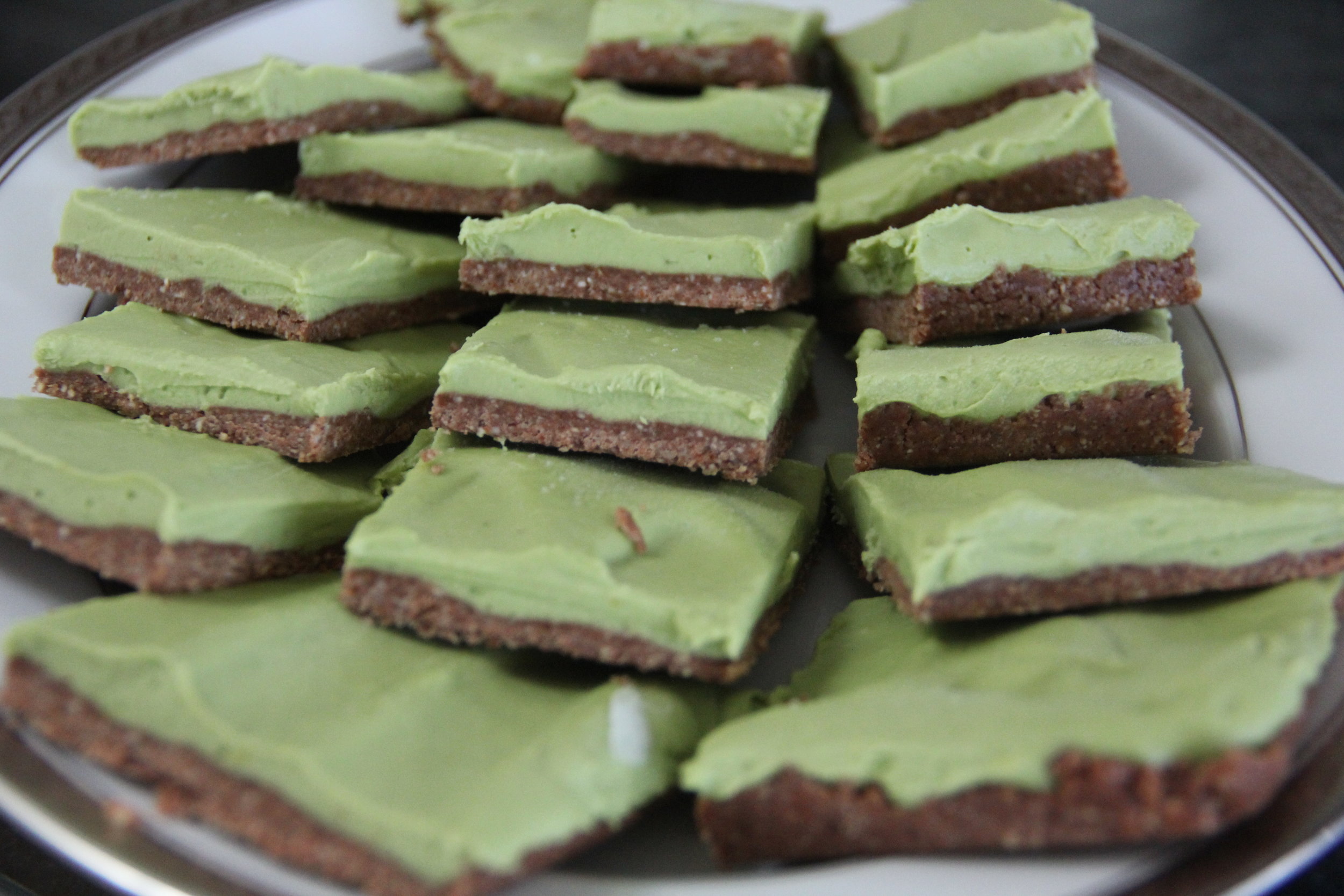My Kitchen Pantry Basics: Sweeteners
With Halloween just around the corner, some of us might be excited about all the sweets coming our way. Others, however, are dreading all the sugar that we and our kids will be consuming after all the trick or treating. Luckily, there are a lot of sugar-free alternatives that you can buy or make at home these days.
As I started my journey of exploring healthier and more nutritious wholesome foods, I was pleasantly surprised to learn about all the sugar alternatives available to us. As I started experimenting more with cooking and baking, I realized that meals and desserts prepared with those alternatives can be as delicious as the ones cooked with traditional refined sugar. As a result, I don't have any refined white sugar at home and am fully sufficient with the other sweeteners in my kitchen pantry.
My top list of sweeteners and sugar alternatives
Paleo sugar-free dark chocolate cookies
1. Honey
This is my main sugar substitute in home cooking and baking. I add honey in almost everything that calls for sugar - oatmeal, overnight oats, when making desserts, etc. While honey is widely recognized for a variety of dietary benefits, some research shows that heating honey causes negative chemical changes in it and, therefore, is not recommended. For that reason, I mainly add it to the recipes that don't require heating it up or add it at the end as a topping.
When buying honey, I always opt for pure raw honey, such as my favorite creamed raw honey by Stubbees with lemon or orange flavor.
2. Maple syrup
I don't use maple syrup a lot, mainly as an alternative to honey in the recipes requiring heating. However, maple syrup is known for its healthy benefits, including antioxidants and improved immune system. When buying maple syrup, I highly recommend checking the labels and only buy pure maple syrup without any added sugar.
3. Rice malt syrup
This has been a relatively new addition to my list of sugar alternatives. Rice malt syrup is considered to be the least fructose level sweetener. Again, I mainly use it as a honey alternative in recipes that require heating.
4. Bananas
Did you know that mashed fresh or frozen bananas can serve as a great sweetener in smoothies, baking, homemade ice creams, and other desserts? If not, try it and you'll be pleasantly surprised.
3-ingredient mango-banana-honey ice cream
5. Nut butter
I love using nut butters in place of sweeteners in my smoothies, overnight oats, oatmeal, in desserts and when baking. While they might not be as sweet as other sweeteners, they provide a great nutty flavor and are packed with healthy fats.
Again, always check out labels and avoid nut butters with added sugar and other unnecessary ingredients. For the highest health benefits, opt for raw nut butters.
6. Dates and other dried fruit
Pure dried fruit, with no extra sugar added, is another great sugar alternative. Dates, dried apricots, prunes and other dried fruit contain a number of nutrients and vitamins, such as vitamin E, iron, magnesium, potassium and calcium. I like to use a few dates, for example, in smoothies and porridge, or when making desserts. Dried fruit is also perfect for making no-bake base for the cakes or energy bars.
No-bake avocado mousse bars
Overall, when it comes to using sugar alternatives, you still need to remember that like any other sweetener, they contain glucose and calories and should be used in moderation. Also, it might be not very straightforward in the begining how much of each sugar alternative to use to replace a tablespoon or cup of sugar, for example. However, don't be afraid to experiment and you'll be able to find your perfect proportions quickly.
Good luck in discovering your sugar-free world! I would love to hear about your favorite sugar alternatives!




